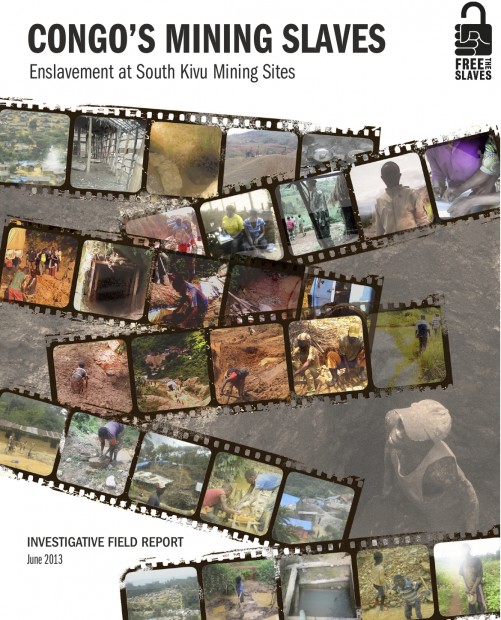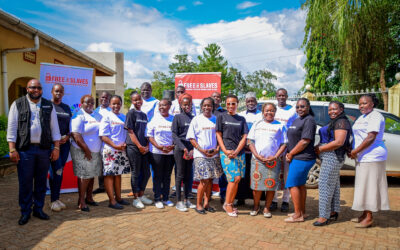A U.S. federal court judge has rejected efforts by three leading business associations to block new rules that require American manufacturers to disclose if their products contain slavery-tainted minerals from central Africa.
Judge Robert Wilkins of the U.S. District Court for the District of Columbia upheld the Securities and Exchange Commission’s (SEC) “Conflict Minerals Rule.” The rule instructs publicly-traded manufacturers to investigate and disclose if their products contain tin, tungsten, tantalum and gold from conflict zones in the Democratic Republic of the Congo and surrounding countries.
The new reporting requirement was mandated by Congress as part of the 2010 Dodd-Frank Wall Street reform law, and was intended to reduce the flow of resources to armed groups in Congo that control key mining sites. Free the Slaves research has shown that slavery is rampant in these mining communities.
The U.S. Chamber of Commerce, Business Roundtable and National Association of Manufacturers sued the SEC to block the reporting requirement. The groups argued that the SEC failed to follow proper procedures by proving that the economic benefits of corporate disclosure outweigh the costs of compliance. The groups also claimed that requiring corporate disclosure of human rights violations in the manufacturing of products violates a company’s free-speech rights under the U.S. Constitution.
Judge Wilkins late Tuesday concluded that those claims “lacked merit.” He noted that Congress required the SEC to create the Conflict Minerals Rule.
“The decision sets an important precedent,” says Free the Slaves Programs Director Karen Stauss. “American consumers and investors will be better able to make informed choices when companies disclose if there is slavery in their products.”
Several socially-responsible investor groups have noted that corporate disclosure of human rights violations in products will be a valuable tool for weighing the risks of investing in a particular company.
A law to require widespread corporate transparency of slavery in product supply chains in expected to be re-introduced in Congress soon.
This week’s court ruling is also expected to strengthen European efforts to require similar corporate disclosure, as activists and authorities there were keeping a close eye on the U.S. case.



